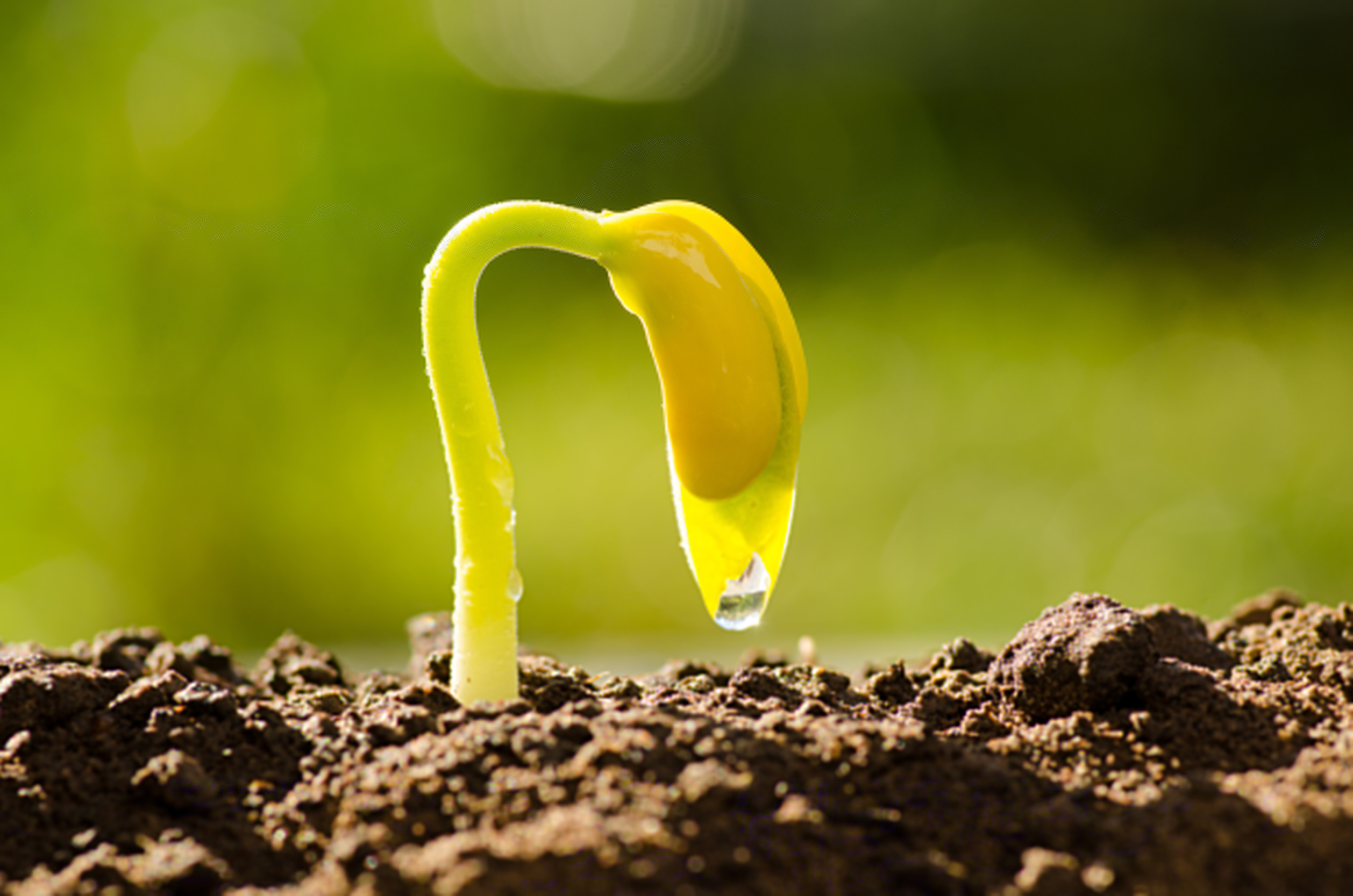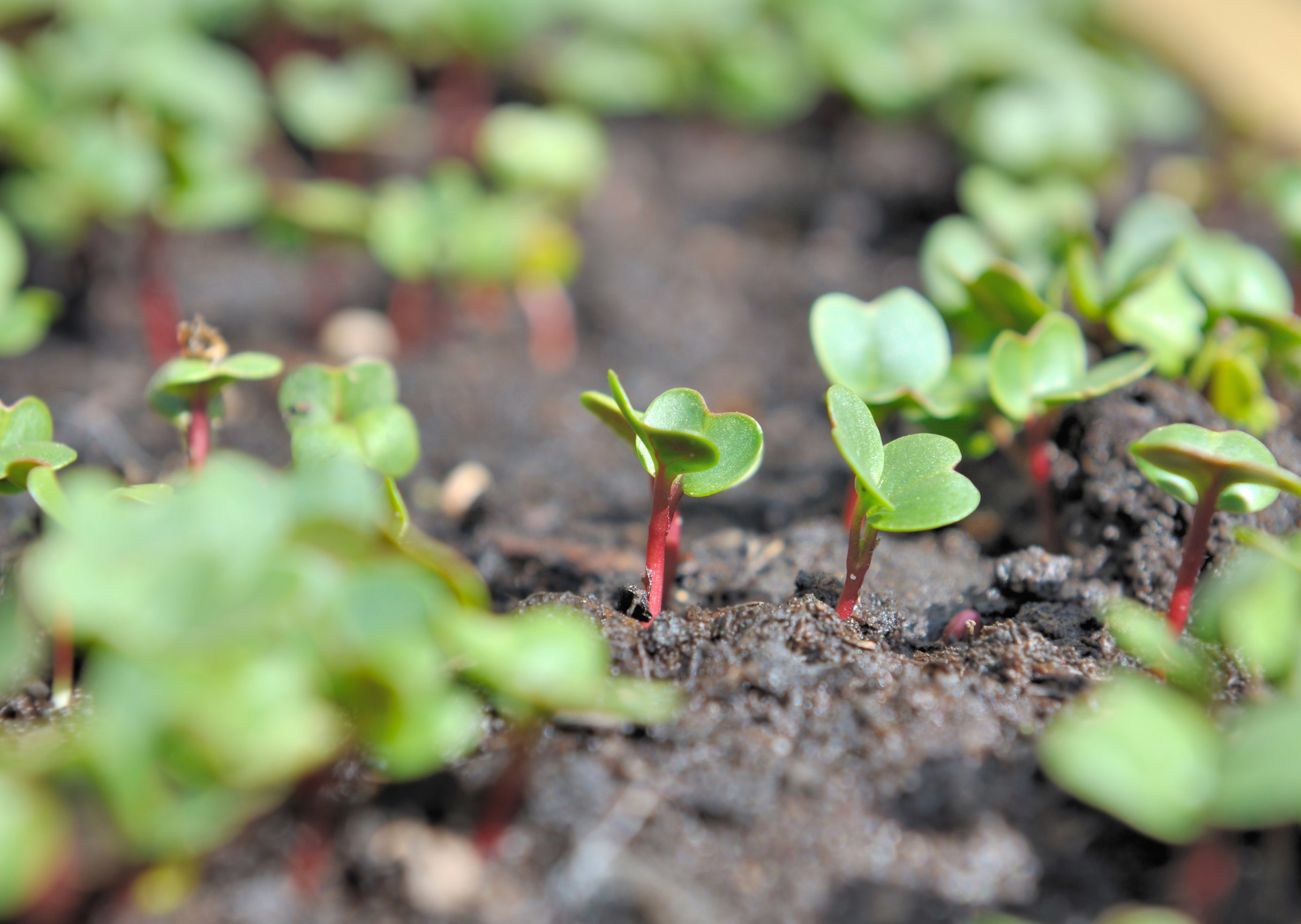
Image Source: 123rf.com
I recently polled my social media followers to find out what kinds of questions they had about seed starting, and a common source of confusion is figuring out which seeds need to be started indoors. You don’t need to dig out all your seeds and start everything indoors before the last frost date.
Why Not Start Them All?
The biggest reason is that it’s just not necessary. We start some seeds indoors because they require a long growing season. Eggplants, for instance, need plenty of time exposed to summer heat to grow, mature, and bear fruit. In many climates, it’s just not possible to sow seeds directly after the last frost date for these types of plants. They wouldn’t have enough time to mature in ideal conditions.
Some seeds can be directly sown even when the weather is cool. They actually prefer the cooler soil. So you don’t need to bother to start them indoors. The exception is if you want to succession sow your plants. You can start seeds indoors to enjoy a steady supply of seedlings.
Other plants don’t like to be transplanted. Often, these are plants with shallow root systems. Transplanting stresses the plant and may leave you with dead seedlings.

Image Source: 123rf.com
Examples:
Here are a few examples for each case mentioned above.
Heat-loving / Long growing season
- Eggplants
- Tomatoes
- Peppers
- Onions
- Leeks
Easy to direct sow
- Radishes
- Asian greens (mustard, Pac Choi, mizuna, etc.)
- Lettuce
- Kale
Don’t like to be transplanted
- Carrots
- Beans
- Peas
- Beets
Tip for Direct Sowing

Image Source: 123rf.com
For plants like radishes and greens that mature reasonably quickly, direct sowing is easy. Pop seeds right into the ground, spacing things out accordingly, and it won’t be long before you notice seedlings sprouting from the earth.
A few problems may arise, however: birds and small mammals might munch on your seeds, and there may be seeds that don’t sprout at all (they may be old, or you may have received a bad batch).
An easy solution is to pre-germinate seeds. Sprout seeds on a damp paper towel, and you’ll quickly be able to pick out viable sprouts to plant in your garden. There’s no need to go back a week later to re-sow in spots where seeds didn’t sprout. You still may have to protect your garden from birds or other hungry creatures, but at least you’ll know that animals are the culprits!
Are you still confused? Need more clarification? Have another burning seed starting question? Leave a comment below!

Steph Coelho is a freelance writer gardening in zone 5b. She is a certified Square Foot Gardener and has taught various garden-related workshops. When she’s not digging in the dirt or writing, she’s cooking up fresh produce, running, or listening to her favorite podcasts.
Leave a Reply